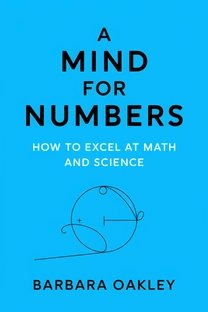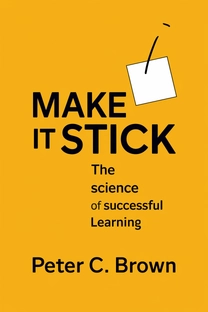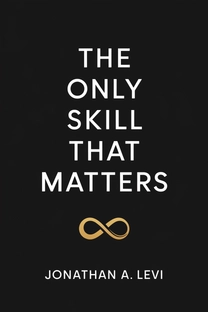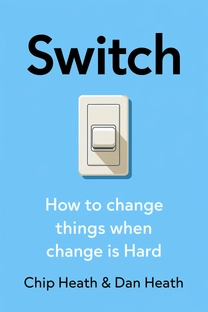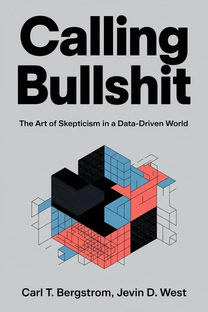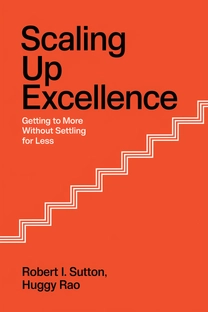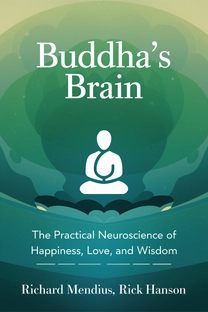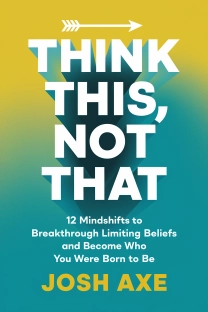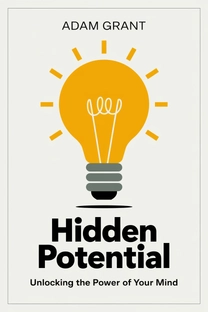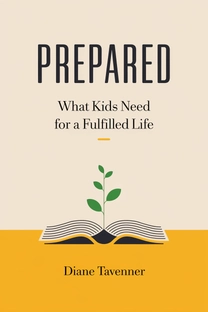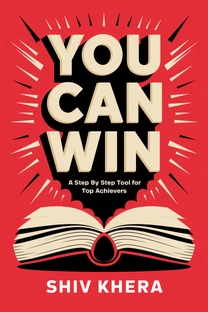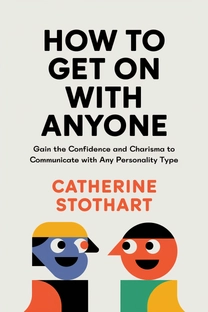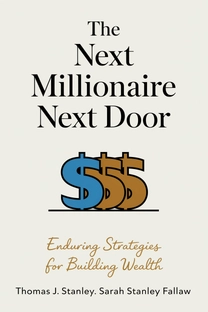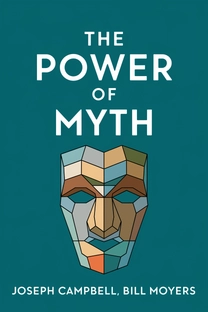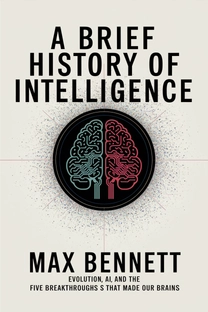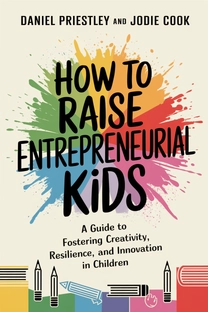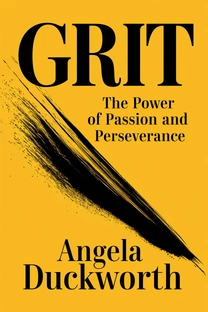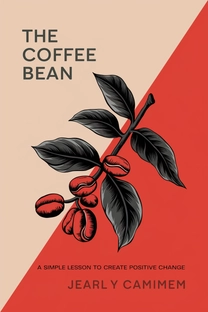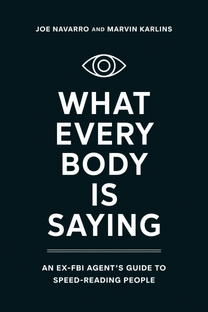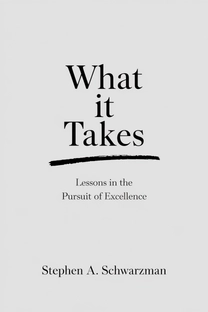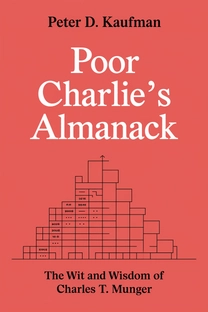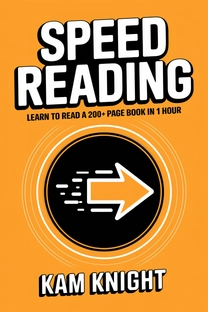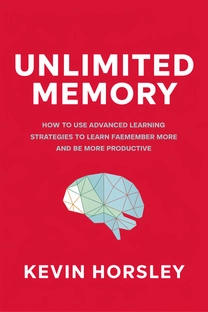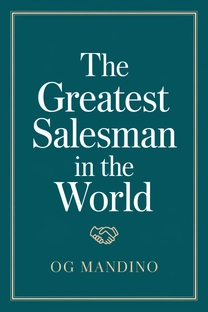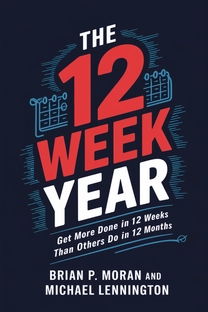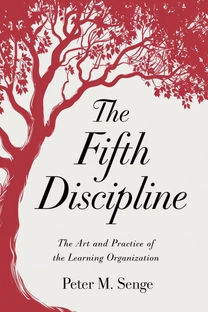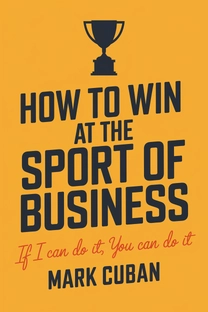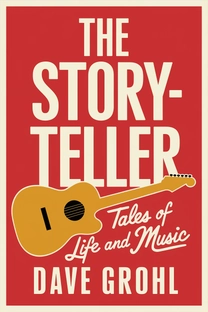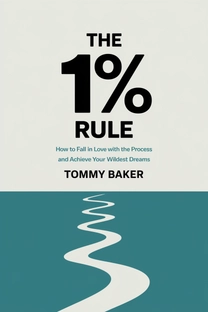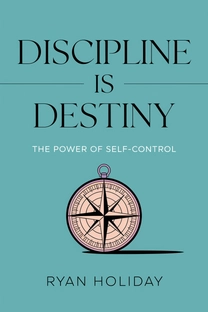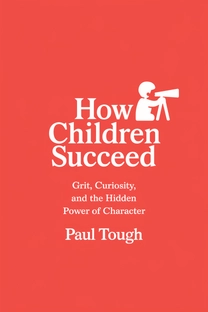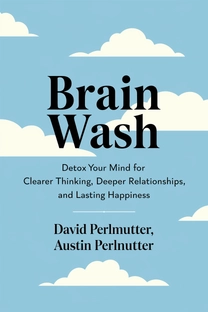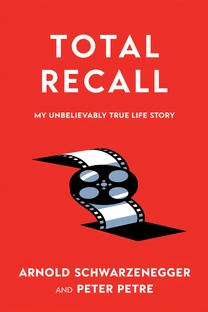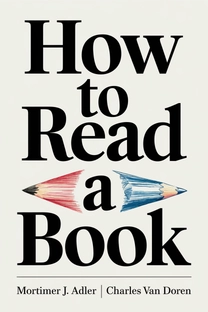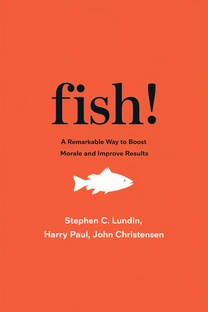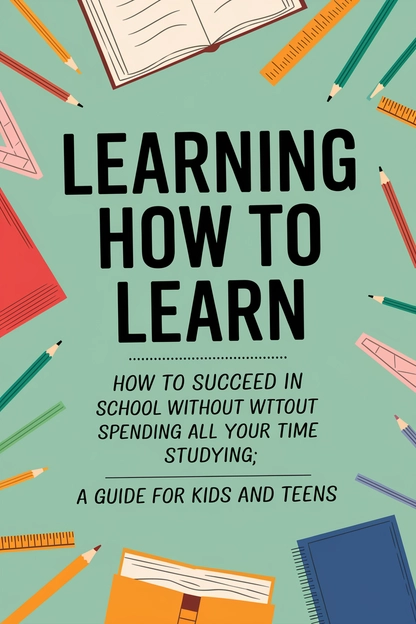
Learning How To Learn
How To Succeed In School Without Spending All Your Time Studying; A Guide For Kids And Teens
by Barbara Oakley, Terrence Sejnowski, Alistair McConville
Brief overview
This book dives into how your brain really works and presents simple yet powerful strategies for studying, remembering information, and staying motivated. You’ll learn ways to manage procrastination, boost your memory, and keep your learning fresh and fun. By understanding the science of how the mind works, you can build better habits in school…and in life.
Introduction
Imagine stepping into a world where you can learn faster and remember more, simply by understanding how your brain works. This is the journey ahead: discovering the secrets of memory, focus, and long-term success. You might feel your brain has limits, but it can adapt and grow in amazing ways.
You’ll find that conquering tricky subjects is not about talent or being “smart.” Instead, it’s about whether you know how to concentrate when you need to, how to take strategic breaks, and how to nurture your mind’s need for rest. Shifting between concentrated effort and gentle daydreaming helps unlock creativity and deeper understanding.
In these pages, you’ll see how consistent practice, the right mindset, and playful mental techniques can turn tough topics into fun challenges. When you learn how to manage distractions and keep your thoughts organized, your potential expands beyond the classroom.
So let’s begin our adventure. The tools here can help you face your biggest academic hurdles and turn them into stepping stones for future success. Get ready to discover how fun learning can be when you honor the natural powers of your incredible brain.
Two Modes of Thinking
Your brain has two distinct ways of working: a sharp focused mode and a relaxed diffuse mode. When you concentrate on a math problem or a video game, you’re in focused mode, giving your full attention to the task. In diffuse mode, you daydream or let your thoughts wander, making space for unpredictable flashes of insight.
By toggling between these two modes, you can solve problems more efficiently. Focused mode is like zooming in on a map – you see details clearly. Diffuse mode is like zooming out – you catch the bigger picture. Alternating between these lenses can help your mind stitch together new, creative solutions.
It might feel odd to step away from your work if you’re stuck, but giving your mind a playful break often sparks hidden ideas. Instead of banging your head on a tough assignment for hours, try a brief rest or walk. You’ll find that sometimes, brilliant insights pop into your head when you’re least expecting them.
What is Learning How To Learn about?
"Learning How To Learn: How To Succeed In School Without Spending All Your Time Studying; A Guide For Kids And Teens" is a transformative guide co-authored by Barbara Oakley, Terrence Sejnowski, and Alistair McConville. This shrewd read demystifies complex cognitive processes, offering teens and kids practical insights to enhance academic performance without the grind. The book eloquently unravels how our brains toggle between focused thinking and relaxed daydreaming, both being crucial for optimal learning.
Unlike traditional study techniques, this book highlights the importance of brain-friendly practices such as spacing your learning and demolishing procrastination with structured methods like the Pomodoro Technique. Insights from neuroscience are skillfully intertwined with practical strategies, ensuring readers develop a positive mindset towards tackling academic challenges. Empower yourself to view learning not as a burden, but as a lifelong, enjoyable journey with the powerful guidance this book provides.
Review of Learning How To Learn
"Learning How To Learn" stands out with its ability to convey complex brain science in a manner digestible for young minds. Whether it’s explaining the dual modes of thinking—focused and diffuse—or offering actionable techniques to defeat procrastination, this book provides profound insights backed by solid research. It’s not just about theories; its practical applications help instill efficient study habits, making it a practical tool for any child's learning arsenal.
Structured around neuroscience-backed strategies, the book promotes mental wellbeing and academic prowess hand-in-hand. Its simplicity doesn’t undermine its effectiveness; rather, it makes the content accessible to its audience of young learners. By equipping them with cognitive tools to enhance learning, it paves the way for happier, healthier schooling experiences. The writing maintains an engaging tone while remaining informative, ensuring the content serves its intended educational purpose.
For ambitious students seeking to optimize their learning, "Learning How To Learn" is undeniably a well-crafted resource. It provides robust techniques that are beneficial not only academically but in nurturing lifelong skills. This book is highly recommended for any teen or parent eager to enrich their educational journey.
Who should read Learning How To Learn?
- Students aged 10-18 seeking to improve study habits. This group will benefit from learning strategies that make academics less daunting and more engaging.
- Parents wanting to support their children academically without overburdening them. Understanding how learning processes work will assist them in mentor roles.
- Educators looking for innovative approaches to boost student engagement and success. The book’s cognitive techniques will aid in evolving teaching methods.
- Life coaches and academic mentors aiming to provide their clients with scientifically backed study solutions. Insights from neuroscience offer compelling strategies.
- Young adults preparing for higher education or competitive exams, who need effective study practices to manage vast syllabi efficiently.
About the author
Book summaries like Learning How To Learn
Why readers love Mindleap
10-Minute Book Insights
Get the core ideas from the world's best books in just 10 minutes of reading or listening.
Curated For You
Discover your next favorite book with personalized recommendations based on your interests.
AI Book ExpertNew
Chat with our AI to help find the best book for you and your goals.
Reviews of MindLeap
Love how I can get the key ideas from books in just 15 minutes! Perfect for my busy schedule and helps me decide which books to read in full.
Alex R.
The summaries are incredibly well-written and the audio feature is perfect for my commute. Such a time-saver!
Jessica M.
Great app for personal growth. The insights are clear and actionable, and I love how they capture the essence of each book.
Chris P.
The app is beautifully designed and the summaries are top-notch. Definitely worth every penny!
Sarah K.


